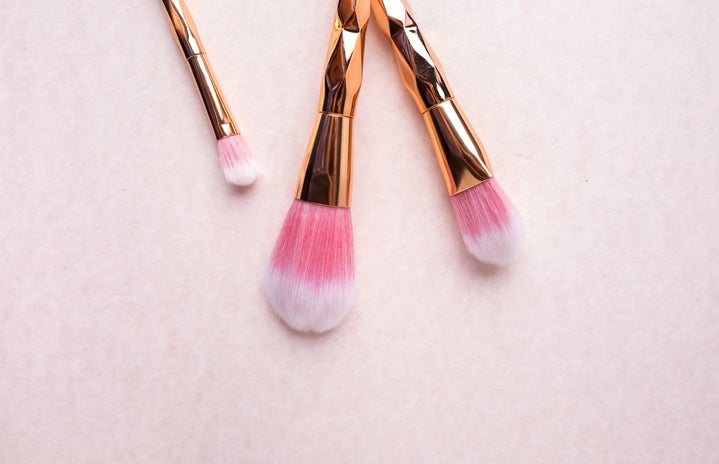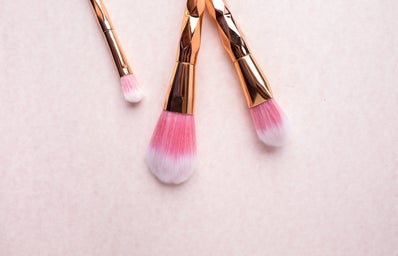Beauty gurus, beauty influencers, online makeup artists, drama channel bait, talking advertisements, or whatever you call them, have been a staple in the rise of social media and of the influencer itself. As someone who considers herself a makeup artist and enjoys makeup as a hobby and art medium, I used to consume and enjoy the content of these people. Many online beauty personalities have helped push LGBTQ+ representation in media and advocated for greater inclusivity of darker skin tones in makeup products. However, over the years, I’ve observed a shift in the nature of beauty influencers that has made me hesitant to engage with the online makeup artistry community.
What was once creative and helpful
Makeup influencers really started with YouTube, when at first ordinary people and professional makeup artists would post tutorials of how to do makeup, usually everyday looks and some Halloween here and there. Over time, people started becoming more creative with their makeup, giving makeup a new meaning and a new relationship to women. Rather than makeup simply being a product sold to women to profit off their insecurities, makeup became a creative outlet and artistic medium to more people everywhere. Content creators like NikkieTutorials would post step by step instructional videos so the average person could learn how to recreate complex and creative makeup looks, and Jackie Aina would call out popular makeup brands for not having inclusive shade ranges.
personality over artistry
Over time, the attention shifted from talented artists to big personalities who would give provocative and entertaining reviews on beauty products. Many of these beauty gurus often had petty drama with each other, which was almost always very public. The most popular YouTube influencers became less and less focused on sharing their love of makeup art, and were instead tools for advertising products and brands as well as subjects for popular drama hubs and even just flaunters of wealth and excess, such as Jeffree Star. This trend continued on TikTok and Instagram as well with the shift to more short-form content. Because of this, the relatability of these beauty gurus ceased to exist. These are not people who want to help the average person gain confidence in their makeup skills.
buy more products!
Nowadays, I find the majority of beauty influencers are just here to advertise their products and sponsorships, especially as the trend cycle shifted away from the bright, bold, colorful looks of the 2010’s and the more neutral “Clean Girl” aesthetic looks, which as an aesthetic itself has less room for creativity. Overall, I have found the current state of makeup influencers to be creatively bankrupt, putting more emphasis on sponsorships and loud personalities over actual artistic talent or even relatability. I personally recommend most people who are interested in makeup, whether it be an artistic hobby or just worn occasionally, to move their focus away from beauty influencers. By and large, their job is to promote products they’re being paid to recommend, not what they acutally use and like. Instead, makeup users should practice repeatedly and learn what products they like for themselves, not what everyone else online is telling them to buy.
Can’t get enough of HC UMass Amherst? Be sure to follow us on Instagram, listen to us on Spotify, like us on Facebook, and read our latest Tweets!


